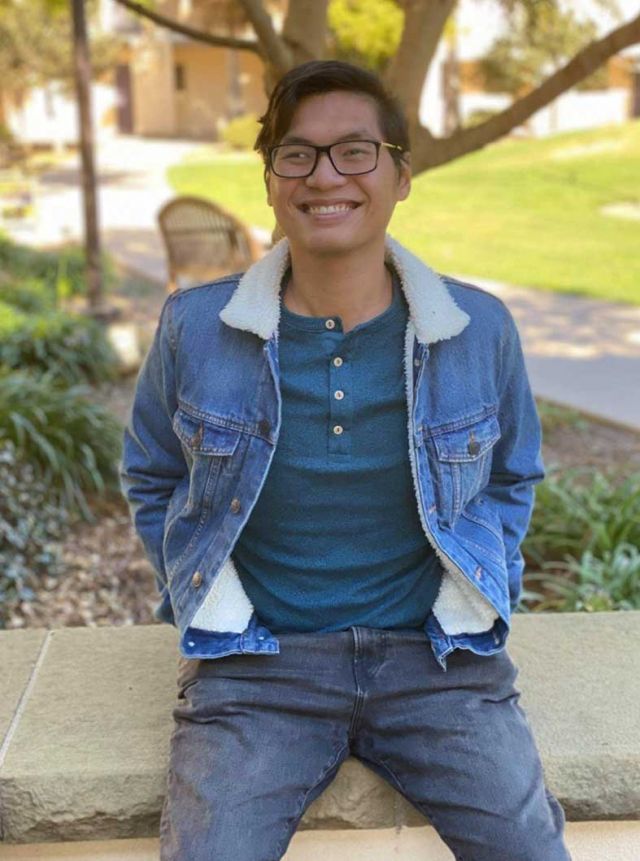Dare to Be Different
In a recent issue of the journal "Science", Ethan Ewe reflected on his experience negotiating the early stages of his academic and scientific career as a first-generation student from Malaysia.

Successful scientists are often asked: how and why did you become a scientist? Many relate similar answers to this question: frequent visits to the Natural History Museum as a child sparked their curiosity; parents who read scientific bedtime stories deepened their interest in science; or siblings, who went to medical or graduate school, offered constant encouragement and career advice. However, these narratives do not resonate with all developing scientists, especially those who are first-generation or underrepresented students. Indeed, the lack of role models is a key barrier in building self-efficacy and fostering a sense of community among underrepresented students. “We need more frequent, normalized conversations about our lives in STEM and how we get to where we are, which often involve struggles, uncertainty, confusion, and many mistakes,” said Chee Kiang (Ethan) Ewe, an international Ph.D. candidate in the Department of Molecular, Cellular, and Developmental Biology (MCDB).
In a recent issue of the journal Science, Ethan reflected on his experience negotiating the early stages of his academic and scientific career as a first-generation student from Malaysia. His story resonates with many students at UCSB and beyond, who did not discover science by guidance from typical role models.
Ethan’s commentary came about at a time when racially motivated violence sat at the forefront of American minds, foreign work visas were suspended en masse, universities planned to expel international students, and healthcare disparities, all amid the COVID pandemic. This has led to a heightened awareness of injustices and biases that permeate all realms of society, the scientific community included.
In his Science essay, Ethan noted his role in developing the annual Research Retreat, sponsored by the MCDB Department and Biomolecular Science and Engineering (BMSE) graduate program, that focused on diversity and inclusivity in Biology. The two-day virtual event brought in researchers of diverse backgrounds from across the country and included not only scientific research but open discussions about racism in STEM and other issues on equity, diversity, and inclusion. “The scientific enterprise has benefited greatly from diversity and our science will flourish as we create a welcoming environment for everyone driven by an innate curiosity in the workings of nature," said Professor Joel Rothman, the director of the BMSE program and Ethan’s thesis advisor.
Responding to the call to improve diversity and inclusivity in STEM, many departments have formed working groups and are formulating action plans. Ethan is an active member of the MCDB Graduate EIDW (Equity, Inclusion, Diversity and Wellness) group, organized by Professors Kathy Foltz and Carolina Arias. This group works closely with the Departmental faculty EIDW committee, led by Assistant Professor of Teaching, Eduardo Gonzalez. Collaborating on identifying ways to foster the diversity of the graduate program and promote inclusivity in training and career advancement and graduate student wellness, Ethan has taken a proactive approach to helping others see a path forward. The MCDB department congratulates Ethan on the publication of his essay and thanks him for his ongoing efforts.